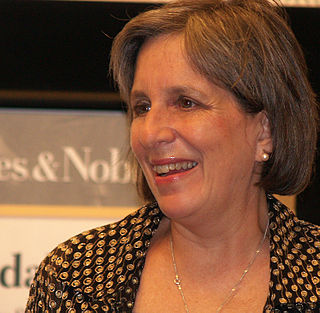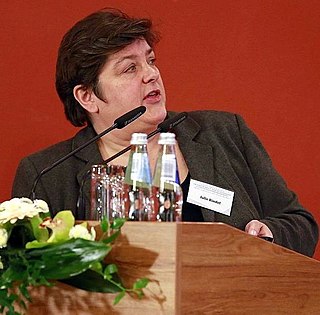A Quote by Callie Khouri
I think of feminism as more of a political ideology.
Related Quotes
I think feminism has always been global. I think there's feminism everywhere throughout the world. I think, though, for Western feminism and for American feminism, it not so surprisingly continues to center Western feminism and American feminism. And I think the biggest hurdle American feminists have in terms of taking a more global approach is that too often when you hear American feminists talk about international feminism or women in other countries, it kind of goes along with this condescending point of view like we have to save the women of such-and-such country; we have to help them.
Another thing I think should be avoided is extremely intense ideology because it cabbages up one's mind. You see it a lot with T.V. preachers (many have minds made of cabbage) but it can also happen with political ideology. When you're young it's easy to drift into loyalties and when you announce that you're a loyal member and you start shouting the orthodox ideology out, what you're doing is pounding it in, pounding it in, and you're gradually ruining your mind. So you want to be very, very careful of this ideology. It's a big danger.
Feminism without spirituality runs the risk of becoming what it rejects: an elitist ideology, arrogant, superficial and separatist, closed to everything but itself. Without a spiritual base that obligates it beyond itself, calls it out of itself for the sake of others, a pedagogical feminism turned in on itself can become just one more intellectual ghetto that the world doesn’t notice and doesn’t need.
It is not enough to call yourself a feminist because you are a strong woman. Thatcher was an enemy to feminism, as is Nadine Dorries. Like other liberation movements, feminism has an ideology and a goal. It is not about personal liberty and freedom, but the emancipation from oppression and tyranny for ALL women, whatever our race or class.






































